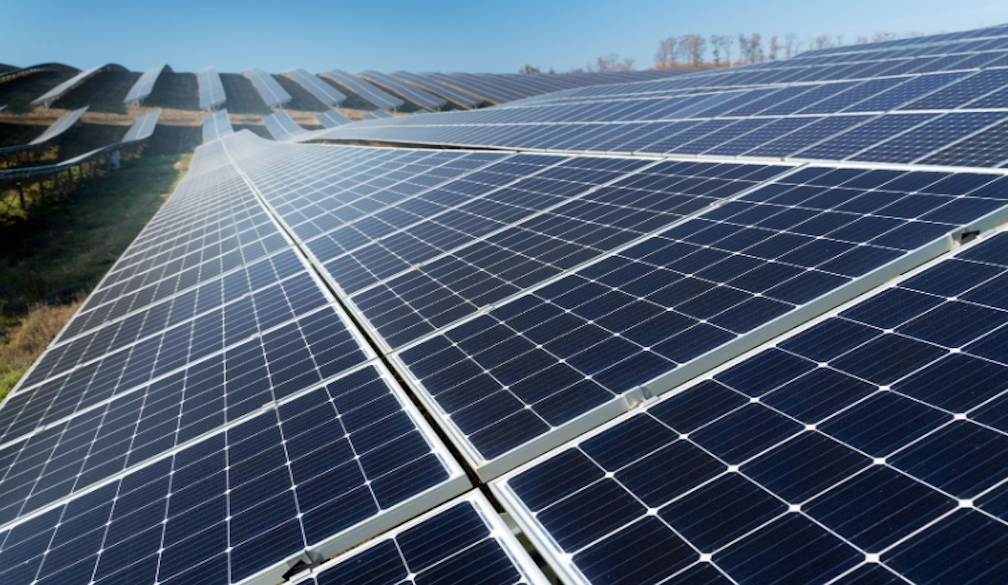How Solar Panels Are Revolutionising Renewable Energy

Few innovations shine as brightly as solar panels in the quest for sustainable energy solutions. These marvels of modern engineering harness the most abundant energy source available to us: the sun. With each passing day, they are reshaping the landscape of renewable energy and revolutionising how we power our world. From rooftops to vast solar farms, solar panels are not just a technology but a beacon of hope for a cleaner, greener future.
As concerns about climate change and fossil fuel depletion continue to mount, the urgency to transition to renewable energy sources has never been greater. Solar panels offer a compelling solution, providing clean, inexhaustible energy without the harmful emissions associated with traditional power sources. But their impact extends beyond environmental benefits; they drive economic growth, empower communities, and democratise energy access.
This article delves into the transformative power of solar panels in Sydney and explores how they are revolutionising renewable energy globally.
A Clean Energy Revolution
Amid mounting environmental concerns and the imperative to mitigate climate change, the world is witnessing a transformative shift towards clean energy solutions. Solar panels are at the forefront of this revolution, emblematic of humanity's quest for sustainable alternatives to fossil fuels. These photovoltaic marvels harness the sun's abundant energy, offering a clean, renewable source of electricity that is rapidly reshaping the global energy landscape. From rooftops to vast solar farms, the proliferation of solar panels represents not just a technological advancement but a profound shift towards a cleaner, greener future for future generations.
As the world embraces solar energy and other renewable technologies, we journey towards a more sustainable, resilient, and equitable energy system powered by the sun's inexhaustible energy.
Empowering Communities
Solar panels, with their decentralised nature and accessibility, catalyse this transformation. They enable individuals, households, and communities to take control of their energy production, reducing reliance on centralised grids and providing access to clean, affordable electricity. From remote villages to urban neighbourhoods, solar panels revolutionise energy generation and empower communities to build a more sustainable and resilient future. As solar energy continues to increase, it promises to lift communities out of energy poverty, foster economic development, and foster a sense of ownership and self-reliance in the journey towards a renewable energy future.
Distributed Energy Generation
Solar panels drive a paradigm shift in energy generation through their role in distributed energy systems. Solar panels are revolutionising how we think about energy infrastructure by decentralising power production and bringing it closer to the point of consumption. This distributed model enhances energy security and resilience and reduces transmission losses and grid strain.
As more individuals and businesses embrace solar energy, we are witnessing the emergence of a more sustainable and efficient energy ecosystem, where power is generated where needed, fostering greater autonomy and reliability in our energy supply.
Economic Viability
The widespread adoption of solar panels is not merely driven by environmental concerns but also by their increasingly compelling economic viability. With the declining cost of solar technology and favourable financing options, solar energy has become an attractive investment for homeowners, businesses, and governments. Beyond initial installation savings, solar panels offer long-term benefits such as reduced electricity bills, increased property values, and job creation in the burgeoning renewable energy sector.
As solar power continues to prove its economic competitiveness, it is reshaping the energy landscape by providing both a sustainable and financially savvy solution.
Global Impact
By harnessing the inexhaustible power of the sun, solar panels are driving a monumental shift towards sustainability, mitigating climate change, and promoting energy independence. Their widespread adoption empowers communities, bolsters economies, and enhances energy access in developed and developing regions.
Moreover, solar energy transcends borders, fostering international cooperation and solidarity in the fight against climate change. As solar panels continue to increase globally, their impact on power, the economy, and the environment underscores their pivotal role in shaping a brighter, more sustainable future for all.
Conclusion
Solar panels are not just a technology but a vision of a cleaner, more sustainable future. As they continue to increase globally, their impact on generating and consuming energy will only grow. Solar panels are lighting the way towards a brighter, more equitable world, from powering homes and businesses to lifting communities out of energy poverty.







